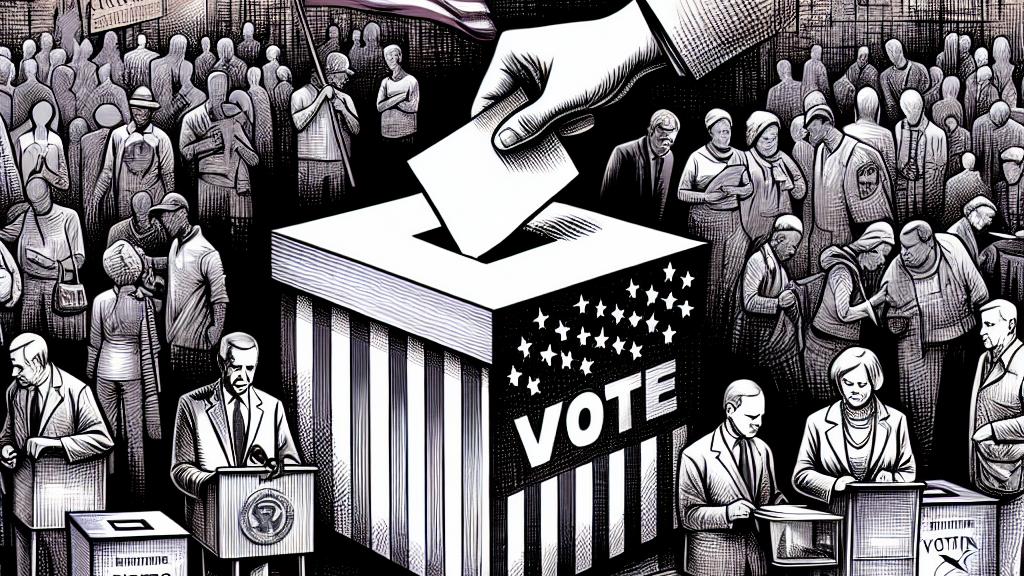Sri Lanka Presidential Election 2024: Dissanayake's Commanding Lead
Overview
- Anura Kumara Dissanayake, leading with over 53% of the votes, is poised to change Sri Lanka’s political landscape.
- This election could mark a historical milestone, as he aims to become the first Marxist president in the country's history.
- Set against the backdrop of ongoing economic recovery after the 2022 crisis, the election has sparked intense public interest and hope for change.

A Clear Front-Runner
The presidential election held on September 21, 2024, has turned into a remarkable contest, with Anura Kumara Dissanayake of the National People's Power (NPP) asserting himself as the clear front-runner. Currently, he boasts an astonishing 53% of the votes tallied, leaving his closest opponent, Sajith Premadasa, in a distant second place with about 23%. This surge in support is particularly significant in light of the challenges Sri Lanka faced in recent years, including economic difficulties that left many citizens unsettled and yearning for effective leadership. For voters, Dissanayake represents hope and a refreshing change—a chance to pivot towards a more responsive and accountable government.
Historical Significance
Should these trends persist, Dissanayake will not only become the president but will also make history as the first-ever Marxist leader of Sri Lanka! Such a development would signify a radical shift in the political landscape, opening doors for new ideas and policies that could reshape the nation’s future. The election is layered with intrigue, featuring a three-way race, in which Dissanayake’s progressive agenda stands in stark contrast to traditional candidates like the incumbent Ranil Wickremesinghe, who surprisingly trails with merely 16% of the votes. This unprecedented scenario provokes thought-provoking questions about governance, the ideological direction of the country, and whether the population is ready to embrace such change.
Voter Sentiment and Economic Policy
With a vigorous voter turnout of nearly 70%, the enthusiasm for participating in this election is palpable. People are eager for a transformation after enduring the aftermath of a crisis that impacted daily life. Dissanayake has galvanized support by advocating for strong anti-corruption measures and proposing far-reaching reforms to reinvigorate the economy. However, his plans to slash taxes have led to mixed reactions, raising concerns about fiscal discipline and sustainability among investors. As Sri Lanka stands at this crucial junction, the decisions made in the coming weeks and months will profoundly impact its financial future and its commitment to fulfilling obligations under the International Monetary Fund (IMF) framework. The question remains: will they continue along a path of cautious recovery or leap into a new era of governance?

Loading...